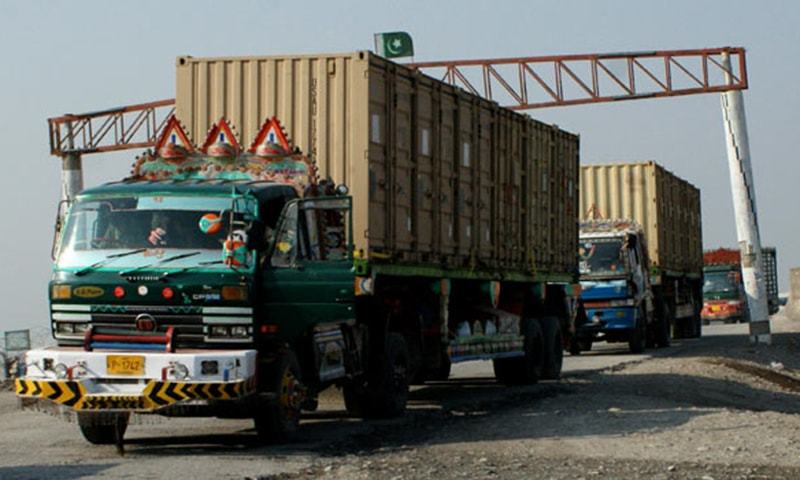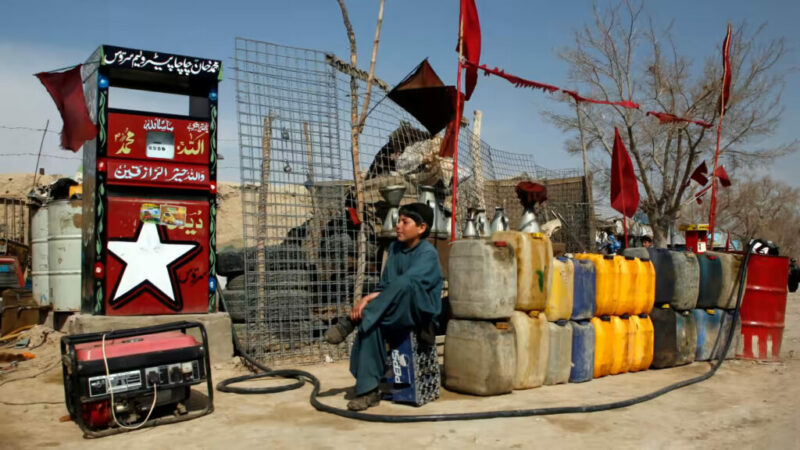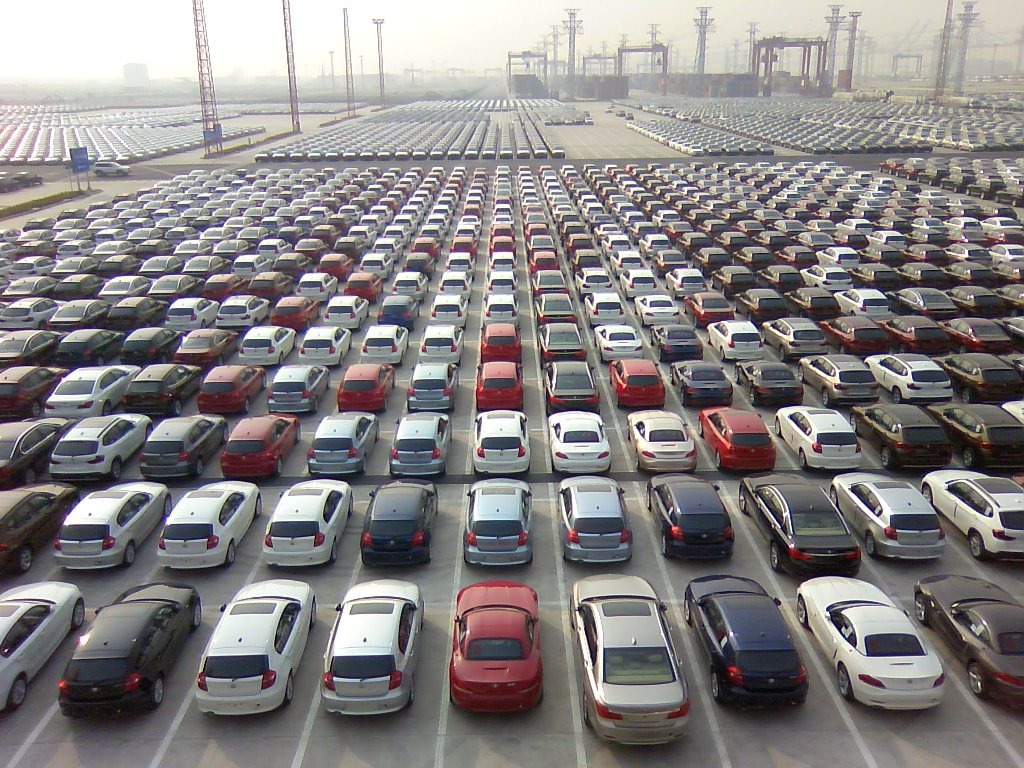The caretaker Interior Minister Sarfraz Bugti has openly admitted that security personnel are involved in large-scale smuggling of currency, oil, and other commodities including NCP vehicles, across Pakistan’s borders with Iran and Afghanistan.
Mr. Bugti admitted the role that security personnel played in the smuggling of goods and cash across international borders, but he also claimed that the army chief had forewarned his troops that those who engaged in the practice would be subject to court-martial and imprisonment.
The army chief initiated the crackdown on smugglers and hoarders last month after he spoke with the business community in Lahore and Karachi in back-to-back meetings, promising to crack down on illegal activities “to rid Pakistan of the substantial losses it continues to suffer due to pilferage.”

As the government ramps up a nationwide crackdown to stop the smuggling out of dollars and commodities like wheat and sugar, as well as the influx of cheap petroleum and other items from Iran and Afghanistan, the coming weeks will be a test of the civil and military authorities’ resolve to expose and punish the elements involved in this illicit cross-border trade.
Smugglers use a variety of routes to carry out their illicit business, such as open borders in Balochistan and KP. In fact, these routes are used to ‘import’ and ‘export’ goods including sugar, oil, tires, urea, and even large quantities of vehicles. But in collaboration with Customs employees and officials from other agencies, high-value goods like branded perfumes, pricey watches, and designer handbags are mostly carried into the country by khepiyaas through significant airports and seaports from Dubai and other Gulf countries. Most of these goods are either smuggled in without paying taxes or are grossly under-invoiced.
Related: Dysfunctional Competition Tribunal Unable to Take Decisions
In a similar vein, using an airport is the simplest way to export money from the country. No wonder Peshawar’s fabled Bara market, which until the late 1980s was the only source of illegal foreign items for affluent middle-class families, has spread over all of Pakistan. Most stores have such items on their shelves because no one presses the influential trader community to show documentary proof that taxes were paid on the ‘import’ of such items.

No anti-smuggling campaign can be completely successful until traders are made to find it impossible to exhibit and sell smuggled and under-invoiced products, as well as the link between traders and civil and security personnel stationed at borders and ports is broken. The manufacturing sector, jobs, and the general well-being are all being severely damaged by smuggling, which is also eating away at the economy. We can only hope that, unlike in the past, the current mobilization against illegal cross-border trade won’t be abandoned in the middle of it.
Source: Dawn

Responsible for delivering local & international automotive news.




